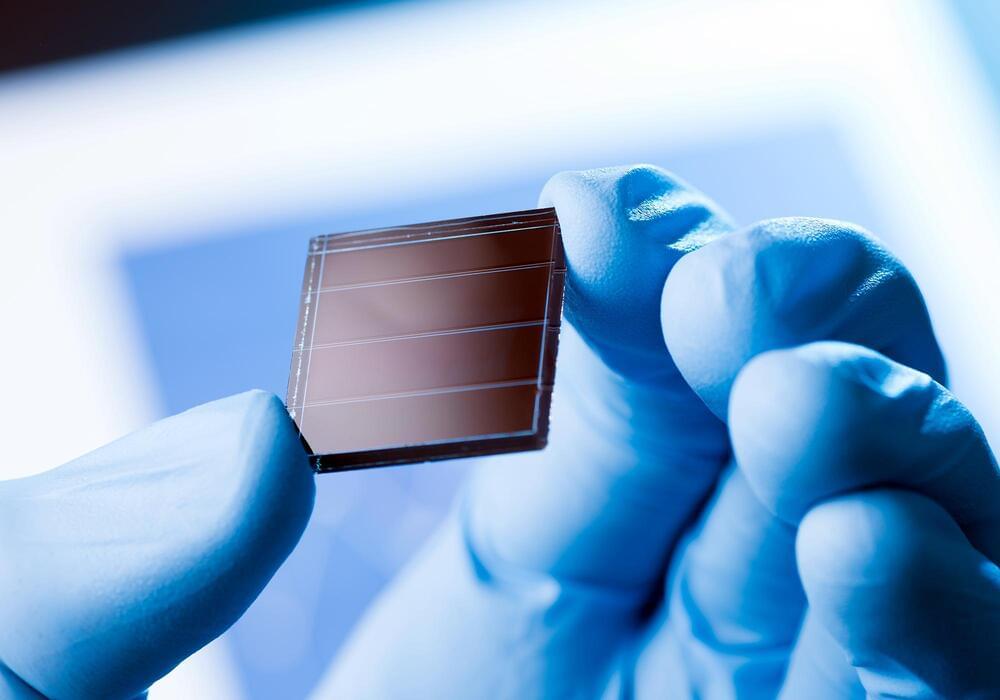Physicists at Paderborn University have enhanced solar cell efficiency significantly using tetracene, an organic material, based on complex computer simulations. They discovered that defects at the tetracene-silicon interface boost energy transfer, promising a new solar cell design with drastically improved performance.
Physicists at Paderborn University have used complex computer simulations to create a novel solar cell design that boasts substantially higher efficiency than existing options. The enhancement in performance is attributed to a slender coating of an organic compound named tetracene. The results have recently been published in the renowned journal Physical Review Letters.
“The annual energy of solar radiation on Earth amounts to over one trillion kilowatt-hours and thus exceeds the global energy demand by more than 5,000 times. Photovoltaics, i.e. the generation of electricity from sunlight, therefore offers a large and still largely untapped potential for the supply of clean and renewable energy. Silicon solar cells used for this purpose currently dominate the market, but have efficiency limits,” explains Prof Dr Wolf Gero Schmidt, physicist and Dean of the Faculty of Natural Sciences at Paderborn University. One reason for this is that some of the energy from short-wave radiation is not converted into electricity, but into unwanted heat.










Leave a reply